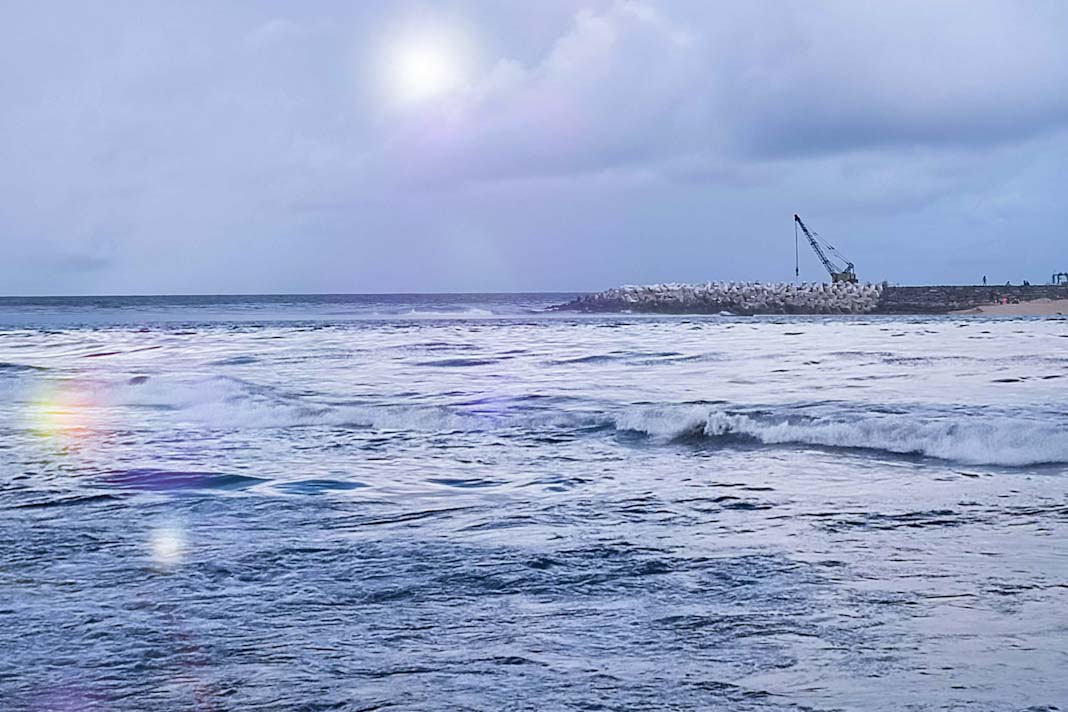 Extended Import Process and Issuance of CLPs
Extended Import Process and Issuance of CLPs
It is anticipated that the import process will extend from one to two days to as many as fifteen days. This will consequently increase the costs associated with the import of goods held in port for longer periods.
Certain ports are intensifying their inspections, requiring the renewal of expired Sanitary Vessel Control certificates (SSCECs) before issuing the Clearance to Load (CLP).
CLPs can only be issued for a vessel after it has berthed. This will depend upon the scheduling and availability of Anvisa’s inspection unless the CLP has been issued via the Paperless Port (PsP);
Anvisa has the discretion to determine if a CLP will be issued for a vessel via the PsP; and
No shore-based personnel are allowed onboard the vessel until the CLP has been issued.
Free Pratique and Inspections
Although Free Pratique is generally granted via radio communication, health authorities at some ports may require a full vessel inspection dependent upon the availability of inspectors. Inspections are only performed during business hours (Monday through Friday, from 9am to 5pm).
A pratique certificate is an official document issued by port authorities or health authorities to a vessel, indicating that the ship is free from contagious diseases and meets the health requirements to enter the port.
Vessels scheduled to arrive or berth outside of normal business hours will have their operations delayed until Anvisa completes its inspection, declares Free Pratique, and ensures relevant SSCECs are valid.
Did you subscribe to our daily Newsletter?
It’s Free! Click here to Subscribe
Source: Safety4Sea
















